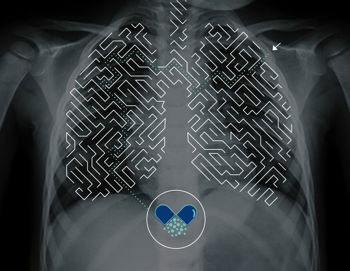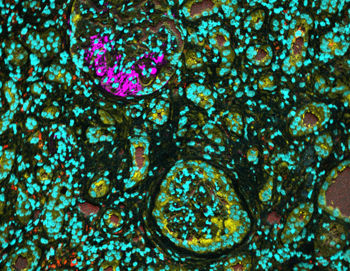- Doctors & Departments
-
Conditions & Advice
- Overview
- Conditions and Symptoms
- ¿Está enfermo su hijo?
- Parent Resources
- The Connection Journey
- Calma Un Bebé Que Llora
- Sports Articles
- Dosage Tables
- Baby Guide
-
Your Visit
- Overview
- Prepare for Your Visit
- Your Overnight Stay
- Send a Cheer Card
- Family and Patient Resources
- Patient Cost Estimate
- Insurance and Financial Resources
- Online Bill Pay
- Medical Records
- Política y procedimientos en el hospital
- Preguntamos Porque Nos Importa
-
Community
- Overview
- Addressing the Youth Mental Health Crisis
- Calendar of Events
- Child Health Advocacy
- Community Health
- Community Partners
- Corporate Relations
- Global Health
- Patient Advocacy
- Patient Stories
- Pediatric Affiliations
- Support Children’s Colorado
- Specialty Outreach Clinics
Your Support Matters
Upcoming Events
Public Meeting: 2024 Community Benefit and Hospital Transformation Program
martes, 14 de mayo de 2024Join Children's Hospital Colorado at one of our virtual events to learn...
-
Research & Innovation
- Overview
- Pediatric Clinical Trials
- Q: Pediatric Health Advances
- Discoveries and Milestones
- Training and Internships
- Academic Affiliation
- Investigator Resources
- Funding Opportunities
- Center For Innovation
- Support Our Research
- Research Areas

It starts with a Q:
For the latest cutting-edge research, innovative collaborations and remarkable discoveries in child health, read stories from across all our areas of study in Q: Advances and Answers in Pediatric Health.


Q: Advances and Answers in Pediatric Health
Q: is a digital publication and quarterly magazine where we highlight some of our groundbreaking research and innovations, featuring the many ways our clinicians work together and across specialties to continually improve patient care and outcomes.
It starts with a Q:
Like the kids we treat at Children's Hospital Colorado, we're creating a culture that continuously inspires curiosity. Doing so unlocks a new realm of pediatrics — one that swaps insular science and medicine for collaborative, progressive approaches to accelerating discovery.
A unique and strong partnership with University of Colorado Anschutz Medical Campus provides fresh perspectives and invaluable expertise, as do our relationships with national and international research consortiums, industry partners and other children's hospitals.
Visit the Q: homepage to read our latest articles, and you can view issues of the quarterly magazine at the bottom of the page.

Research
The safety of live vaccines for pediatric transplant patients
Children's Colorado hepatologist Amy Feldman, MD, PhD, is tackling a long-held belief in medicine through transformative research.
Recent issues of Q:
Access full digital versions of Q: magazine to learn how our clinicians work together and across specialties to continually improve patient care and outcomes.



 720-777-0123
720-777-0123








